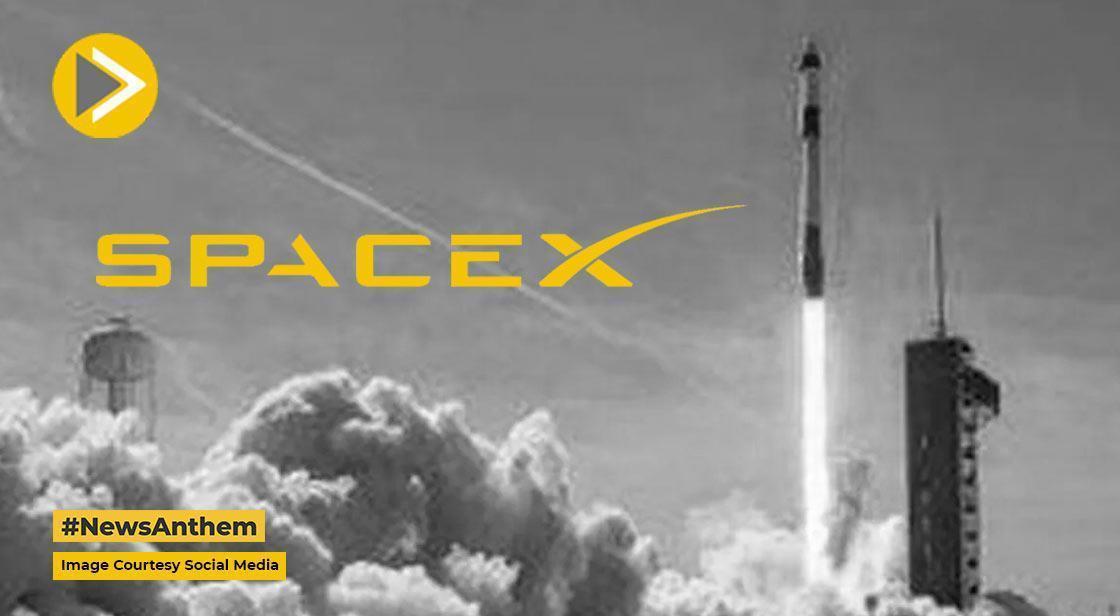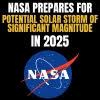Shubhanshu Shukla Returns Safely After Historic ISS Mission, PM Modi Applauds

News Synopsis
Group Captain Shubhanshu Shukla, India’s first astronaut to visit the International Space Station (ISS), safely returned to Earth on Tuesday, concluding a landmark space journey. Shukla, a pilot in the Indian Air Force, was part of the Axiom-4 mission aboard SpaceX’s Crew Dragon Grace, which splashed down in the Pacific Ocean near the California coast at 3:01 pm IST.
Fiery Reentry and 22-Hour Journey Home
The Dragon capsule endured a high-temperature reentry into Earth's atmosphere before completing its nearly 22-hour descent from orbit. SpaceX confirmed the successful splashdown in a social media post on X, welcoming back the four astronauts aboard: “AstroPeggy, Shux, astro_slawosz, and Tibi!”
PM Modi Lauds Astronaut's Courage and Dedication
Prime Minister Narendra Modi hailed Shukla’s mission as a monumental achievement for India. In a message shared on X, he said, “As India’s first astronaut to have visited the International Space Station, he has inspired a billion dreams through his dedication, courage, and pioneering spirit.” Modi also referred to the mission as a significant step toward India’s upcoming Gaganyaan human spaceflight program, scheduled for 2027.
Historic Firsts for India, Poland, and Hungary
Shubhanshu Shukla was accompanied by veteran NASA astronaut Peggy Whitson, Slawosz Uznanski-Wisniewski of Poland, and Tibor Kapu of Hungary. The mission marked several historic milestones: Shukla became only the second Indian to travel to space after Rakesh Sharma in 1984, while both Poland and Hungary sent astronauts to the ISS for the first time.
India’s Space Ambitions Take Flight
The Indian Space Research Organisation (ISRO) hailed the mission as a major achievement and a step forward in India’s space exploration goals. Officials emphasized that this mission would bolster confidence for the Gaganyaan mission, which aims to send Indian astronauts into space using indigenous technology by 2027.
310 Earth Orbits and 13 Million Kilometers in Space
During his two-week stay aboard the ISS, Shukla completed more than 310 Earth orbits, traveling approximately 13 million kilometers — equivalent to about 33 times the distance between Earth and the Moon. The crew also witnessed more than 300 sunrises and sunsets from orbit, experiencing the beauty of Earth from space.
Seven Groundbreaking Experiments Completed
ISRO confirmed that all seven planned microgravity experiments were successfully completed during the mission. These included:
-
Research on Indian tardigrade strains
-
Myogenesis (muscle formation) studies
-
Sprouting of methi and moong seeds
-
Experiments with cyanobacteria and microalgae
-
Crop seed experiments
-
The Voyager display experiment
These experiments are expected to contribute to biological research and future space agriculture.
Union Minister Jitendra Singh: "Moment of Pride for India"
Union Minister Dr. Jitendra Singh praised Shukla’s return as a “moment of pride” for the global community and a historic occasion for India. Addressing scientists and officials post-splashdown, Singh said, “One of Mother India’s illustrious sons is back. India has found a lasting space in the world of space.”
He also emphasized the significance of the scientific experiments, noting that “these have never been attempted before and open new horizons for global science.”
Post-Mission Protocol: Quarantine and Debriefing
Dr. Singh informed that all four astronauts will remain in quarantine until July 23 to undergo health checks and re-acclimatization procedures. Discussions with ISRO will begin on July 24, followed by debriefings with Axiom Space and NASA.
Axiom-4 and SpaceX’s 18th Human Spaceflight
The Axiom-4 mission was launched on June 25 from NASA’s Kennedy Space Center in Florida. The team reached the ISS the following day, joining an international crew already aboard the station. This mission marked SpaceX’s 18th human spaceflight since 2020, reflecting the rapid evolution of commercial space travel post the shuttle era.
You May Like









